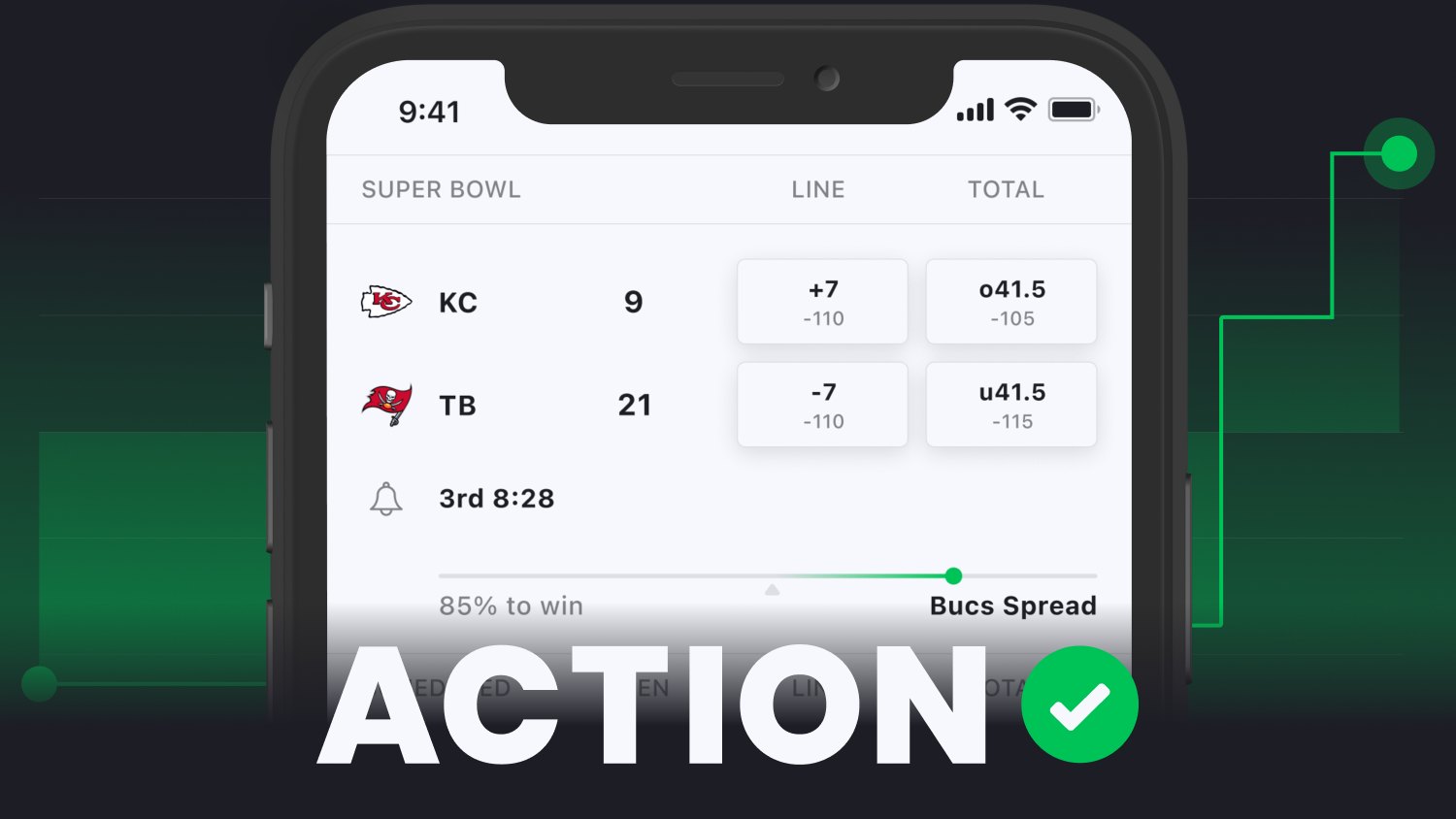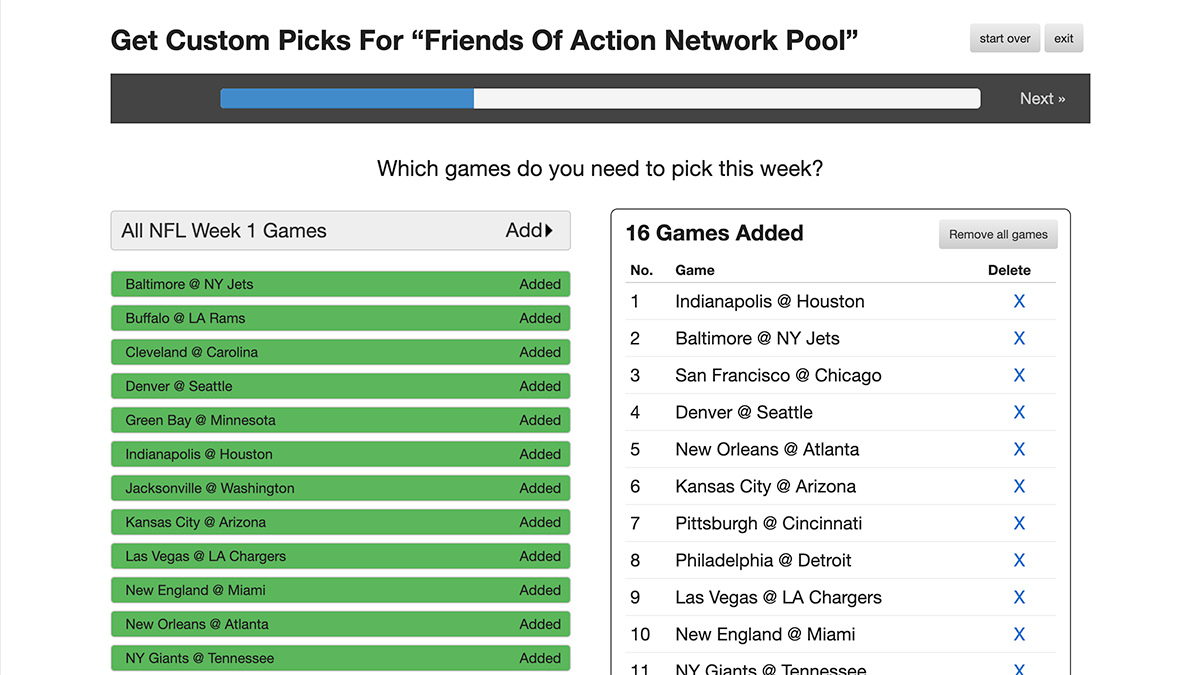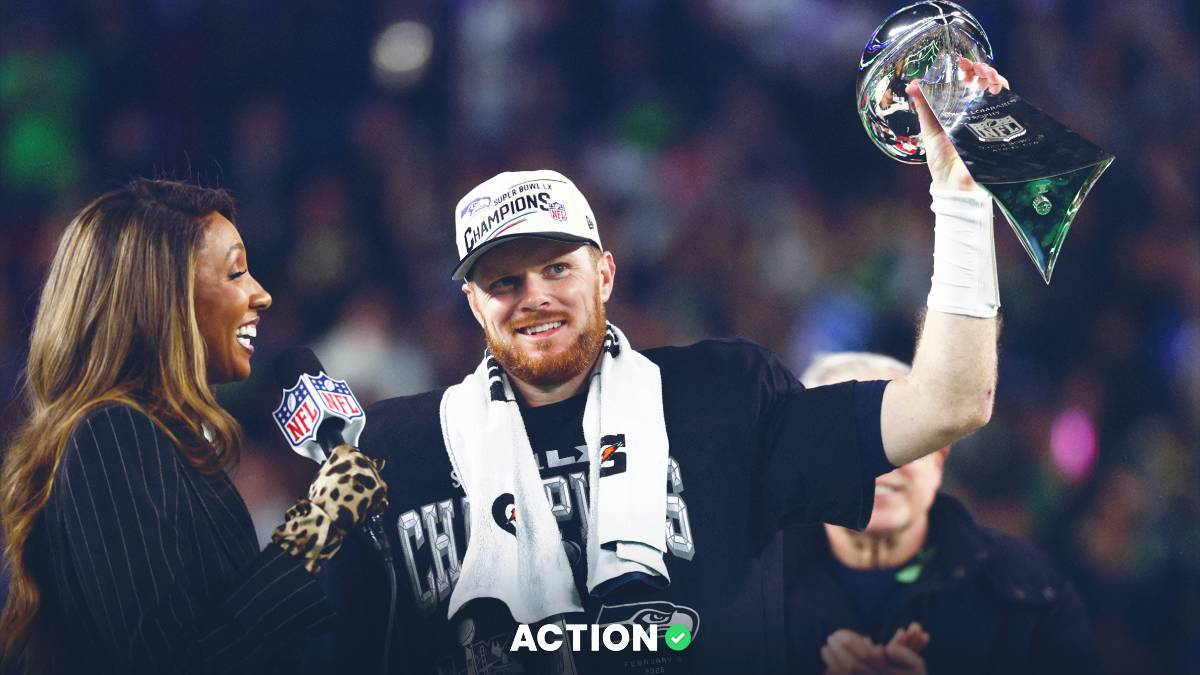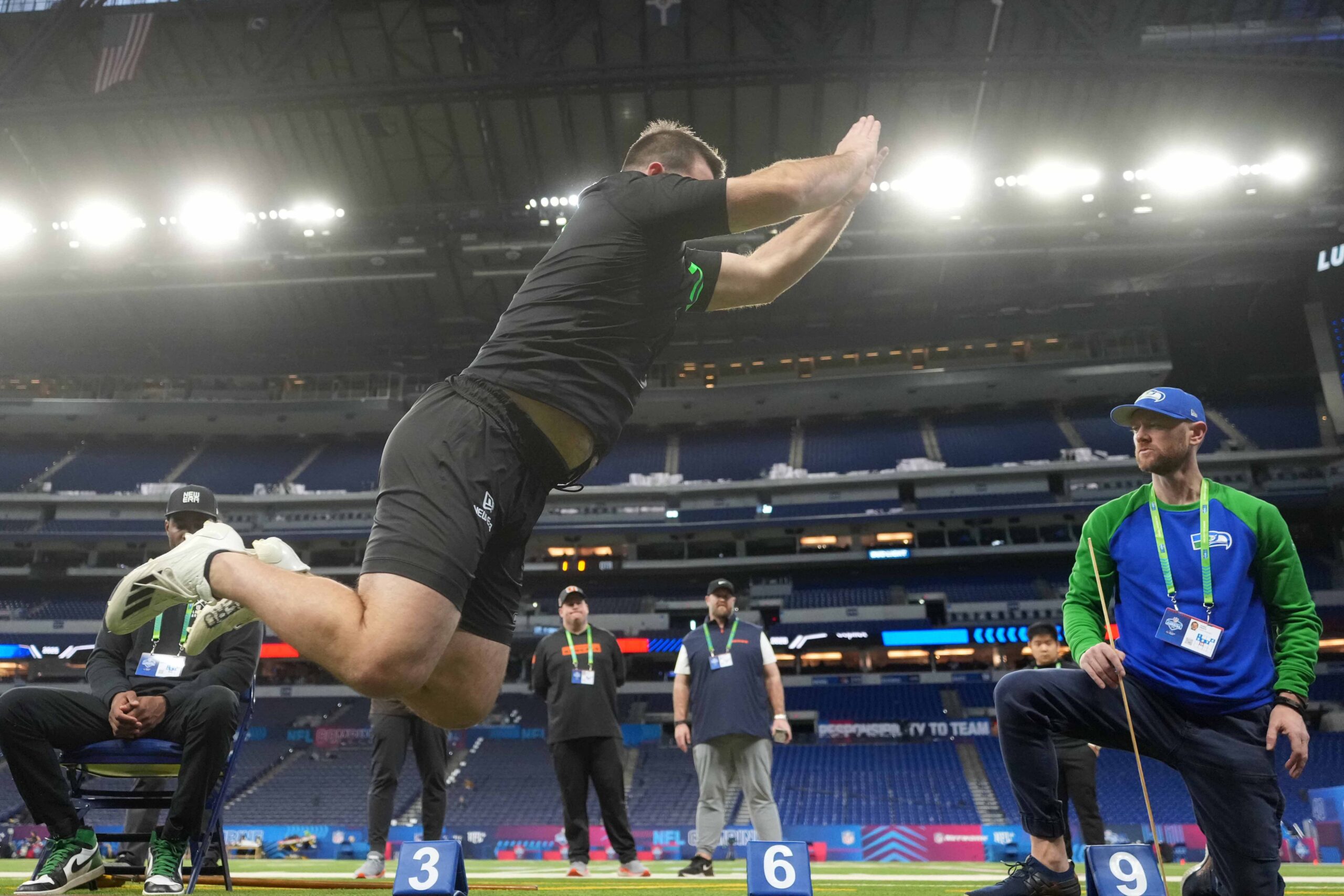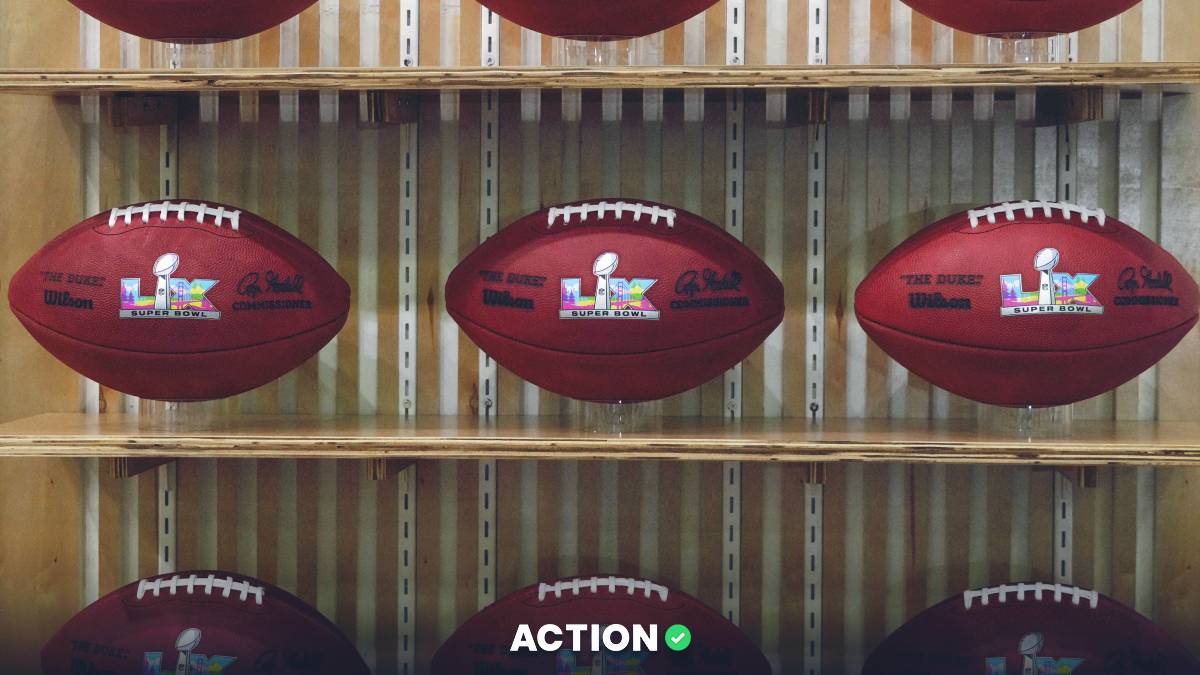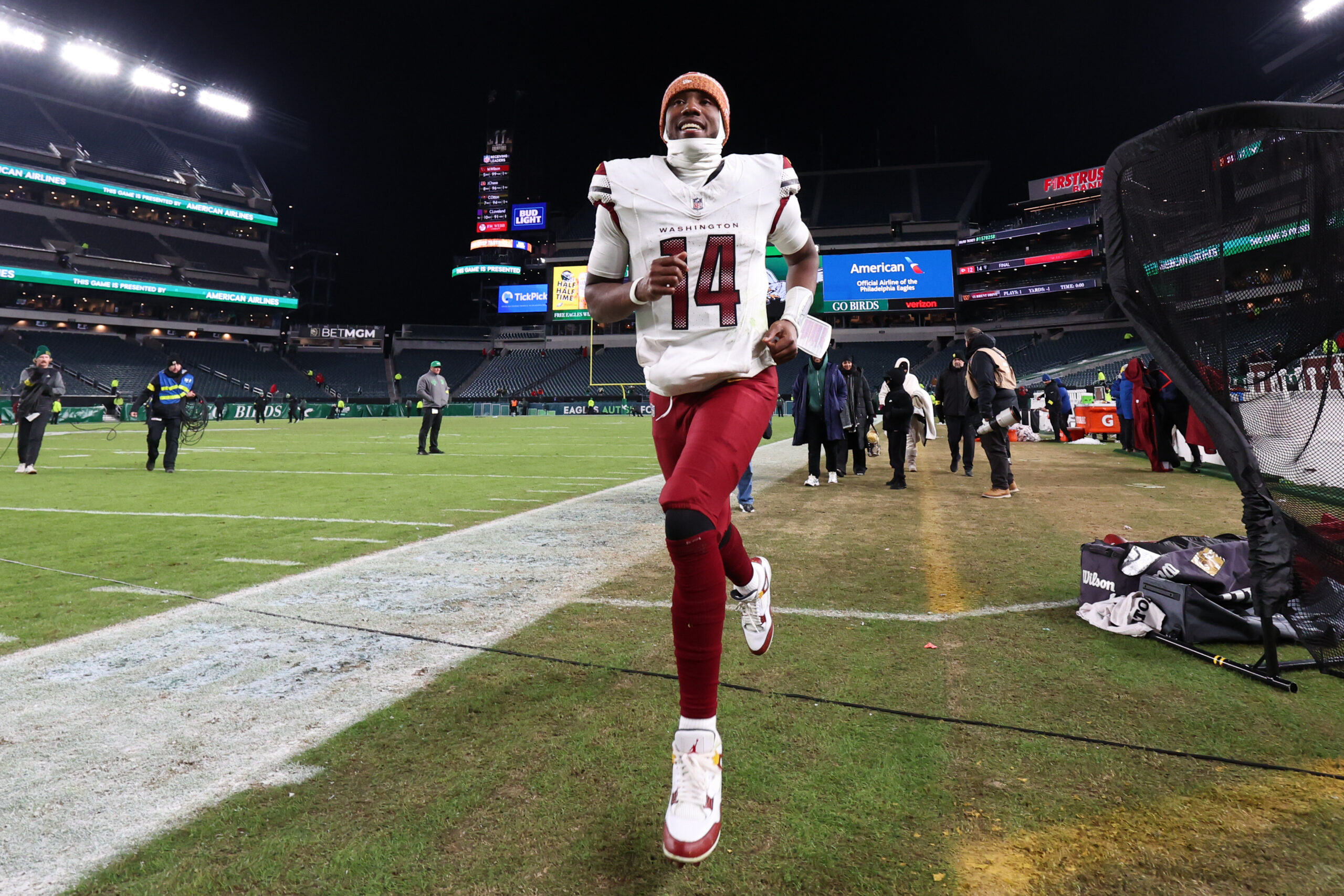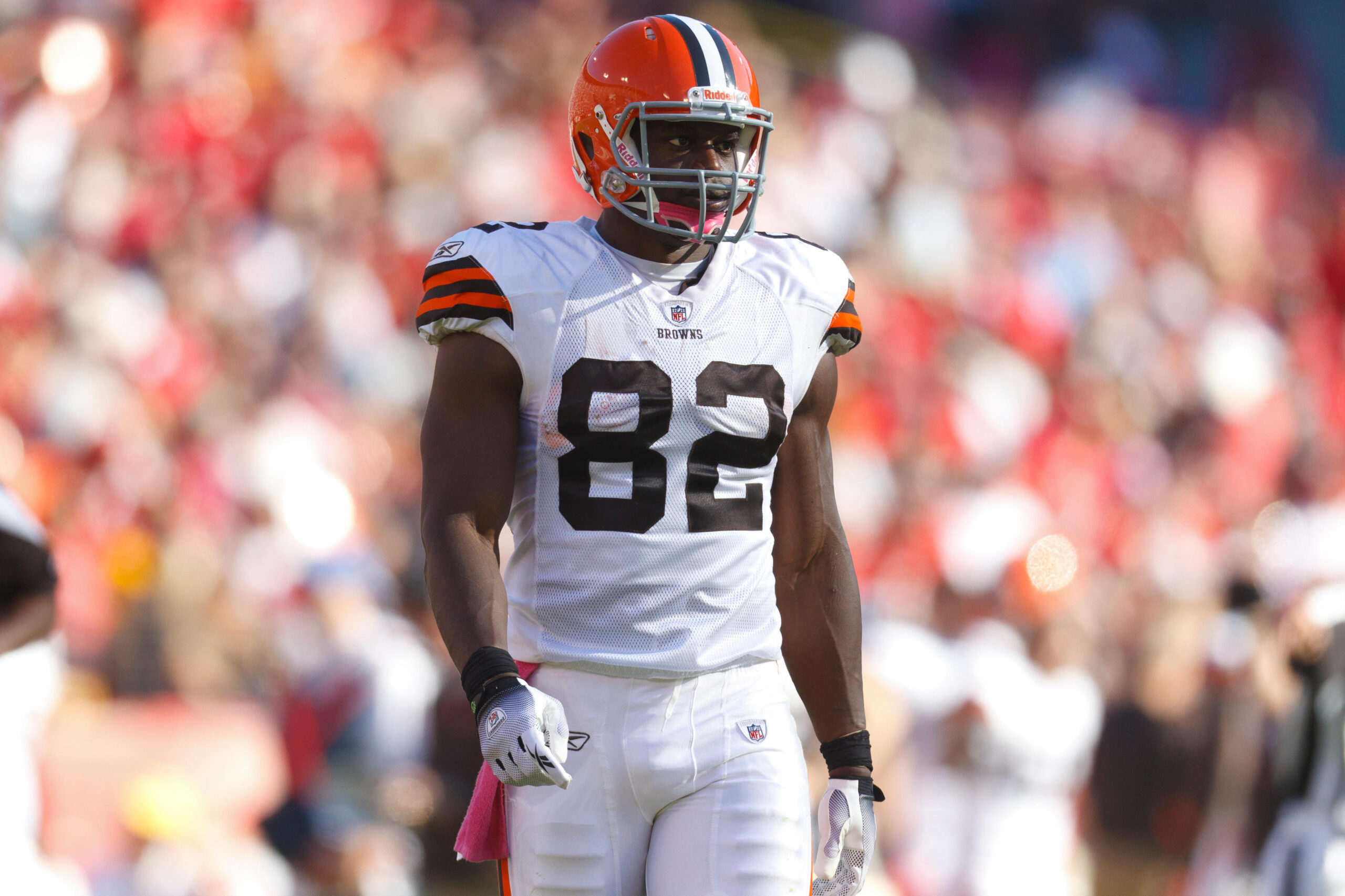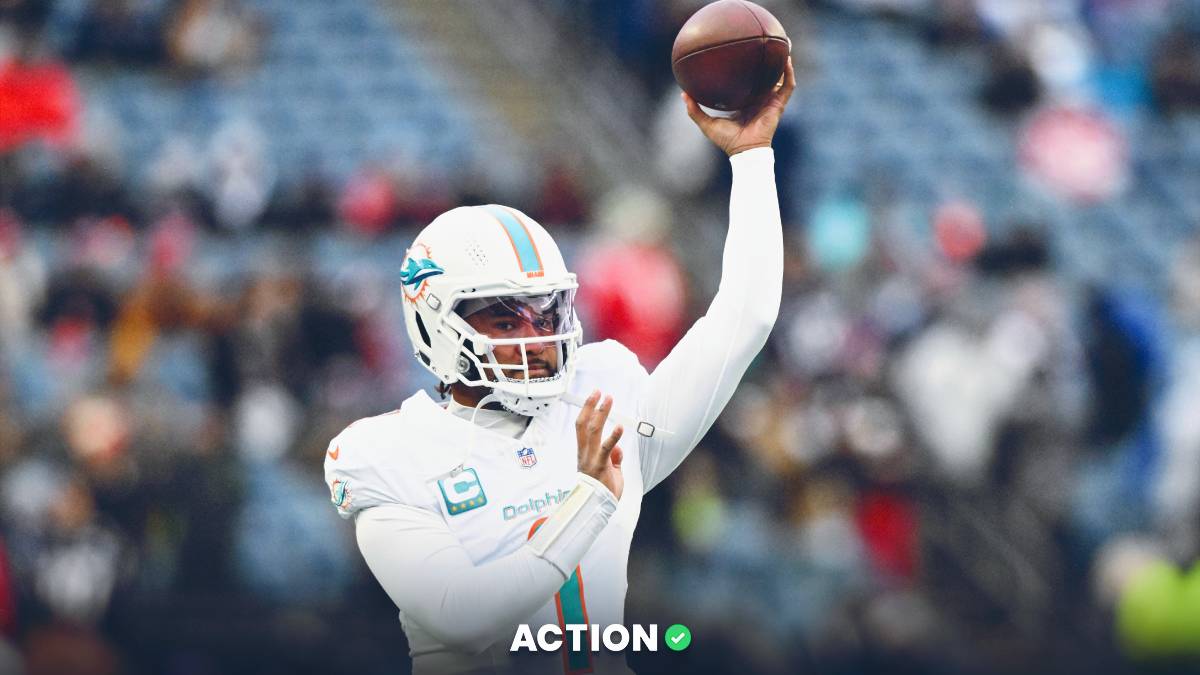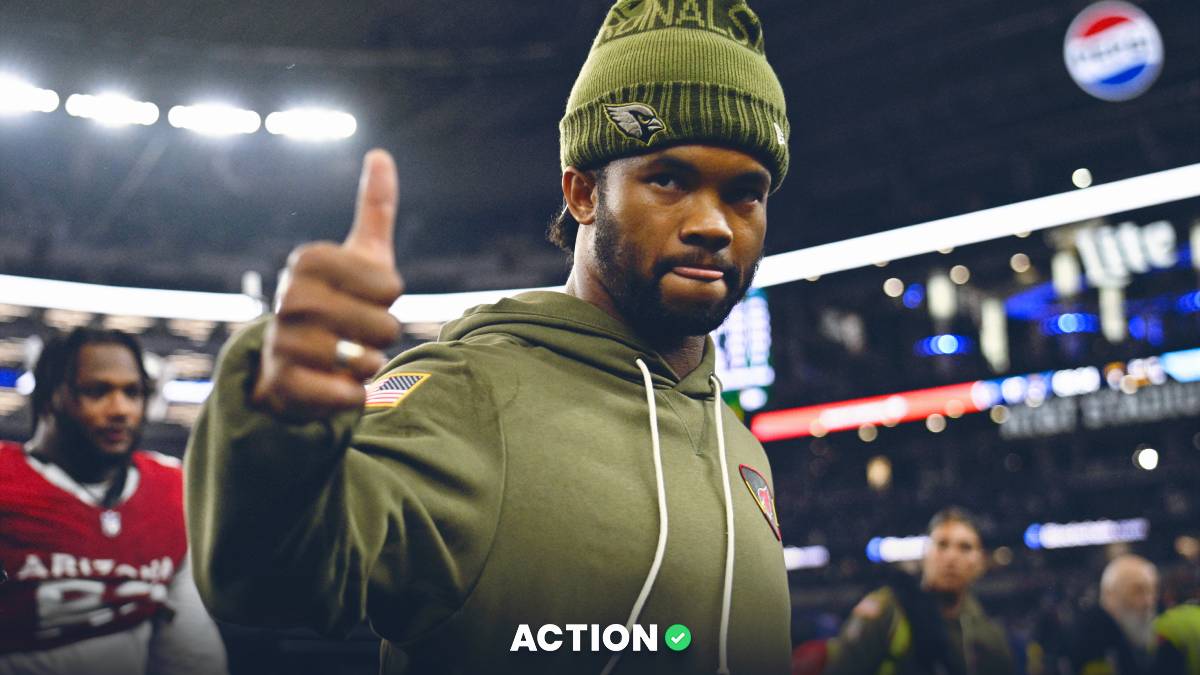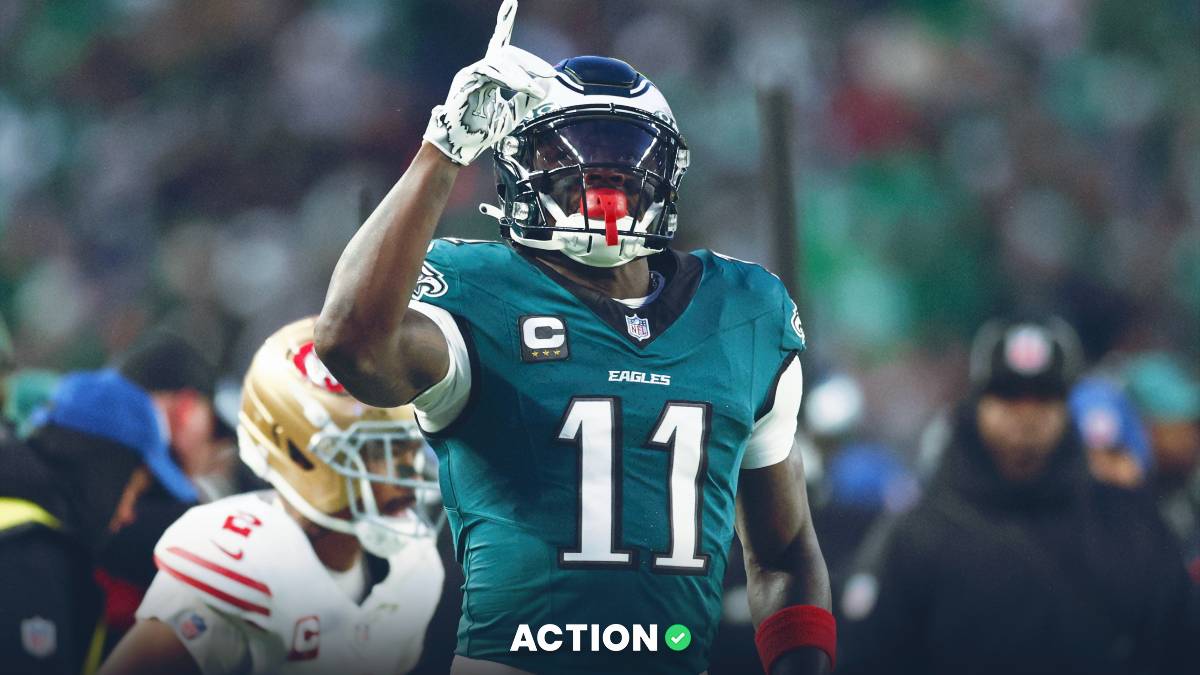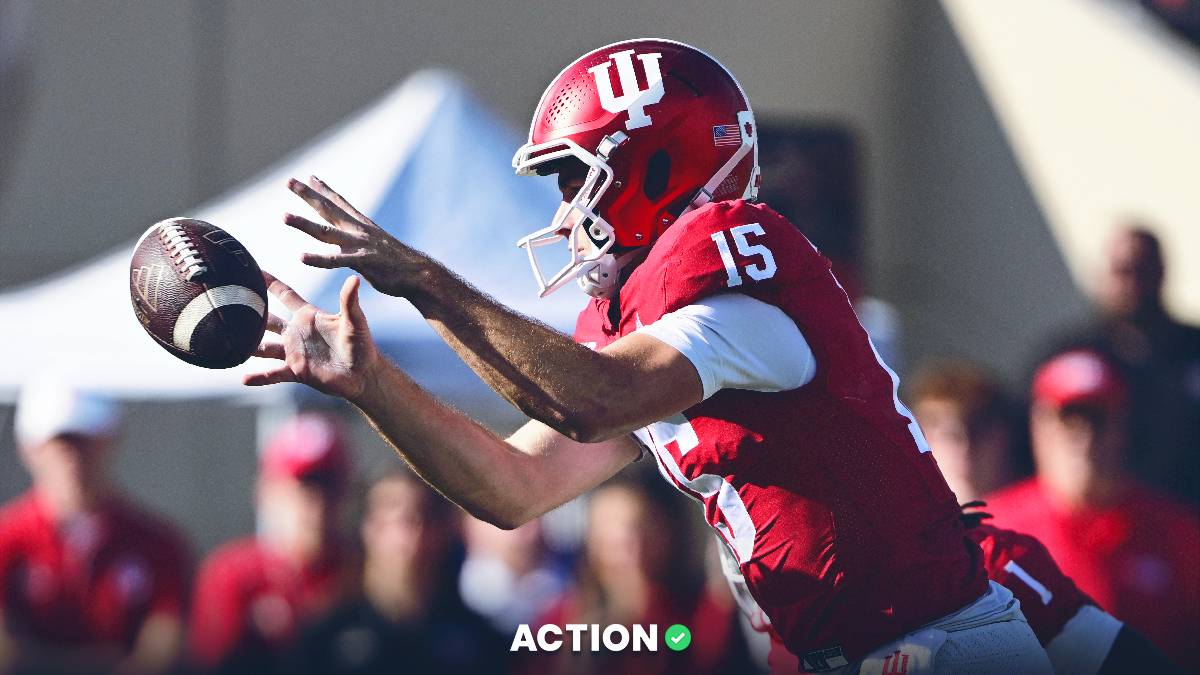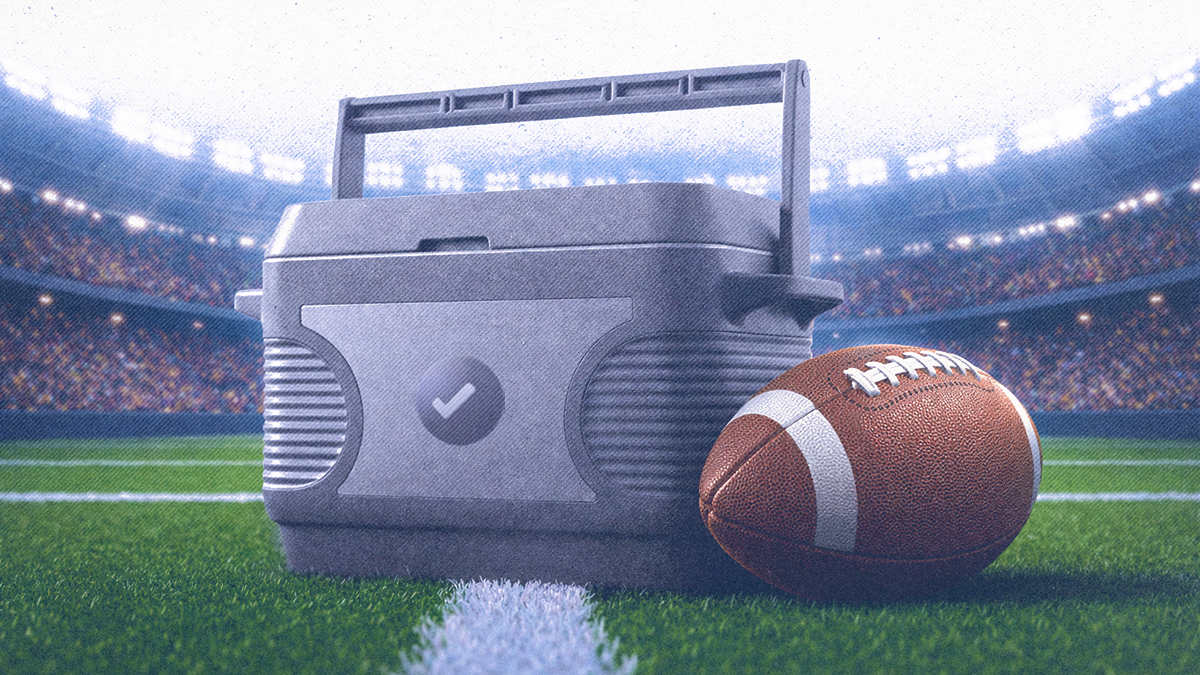There's more strategy involved in winning football pick'em pools than many people think. In short, maximizing your edge in pick'em contests involves a lot more than just picking the most likely winner of every game.
The range of football pick'em contests available to play in 2022 is quite diverse. You can enter huge national picking competitions, like the Circa Millions or Westgate SuperContest, or smaller football office pools. Some pick'em pools involve picking game winners, while others use the spread. You might pick NFL games, college games, or both. You also can play with confidence points or not.
The list of pool variants goes on, and the best pick strategy isn't the same for each one. In this article, we’ll point out some key strategy factors you need to think about to maximize your edge in football pick'em contests. (In another post, we covered NFL survivor pool strategy.)
About PoolGenius
First, a little about us. At PoolGenius, we’ve spent more than a decade researching football pools and developing strategies and tools that give players an edge.
Since 2017, our subscribers have reported winning season-long pick’em contests about 3.6 times as often than expected, given the size of their pools.
Our subscribers use our Football Pick’em Picks product to get that edge. It’s the only product that customizes picks for your pool's size, rules, and prize structure, and it supports both season-long and weekly football pools.
At the beginning of the 2022 season, Action Network readers can also get a free trial.
Big Pick'em Contest vs. Small Office Pool
One of the primary strategy drivers in football pick'em pools is pool size. The more entries that you have to beat to win a prize, the more you need to think about differentiating your picks from the crowd, as opposed to simply picking the most likely team to win.
Let’s start with an extreme example. If you were just picking NFL game winners against two friends each week, you should probably pick the favorite in every game. Risk avoidance may not be sexy, but it can be profitable when you only need to beat two people.
Sure, you might share a lot of the same picks, but any time one of your two opponents picked an upset, you would be the favorite to gain ground on them in the standings. To have the edge on you, one of your friends would need to pick upsets at a greater than 50% clip for an entire season. Those odds aren't great, especially if they pick several upsets each week.
Bigger Pools Mean More Gambles
On the other hand, let’s say you are in a 10,000-entry, big money contest. Unlike our previous example, there are now thousands of entries in your pool picking different combinations of games. The odds are now high that someone (or two or three people) will nail a bunch of upset picks just by random chance.
Facing that many opponents, you really need to take calculated gambles. For example, if you can find a three-point underdog that is being picked only 10% of the time by your pool at large, that is a key opportunity in a large pool. You are going to lose that pick 60% of the time, but the 40% of the time it wins, you will gain in the standings against 90% of your opponents.
You're still going to need to get lucky and hit most of those risky gambits over the course of the season. But if your game selection is smart, you won't need to pick and hit as many of them, compared to just picking upsets more randomly. And never forget that your odds to win a big pool are miniscule to start, so even this strategy will fail much more often than it wins.
Those are two extreme examples, but the risk vs. value trade-off is something you always need to consider, based on how many total entries are in your pool.
Season-long Pick'em Contest vs. Weekly Pool
Similar to pool size, the total number of games that are included in a pick'em contest also impacts strategy. Here are some examples of the overall number of games you need to pick in various types of pools:
- 272 games: Full NFL regular season contest (18 weeks)
- 140 games: College football pool (10 games per week)
- 90 games: “Pick 5” NFL pool (pick any five games per week)
- 63 games: NCAA Tournament bracket pool
- 13-16 games = Weekly NFL pick'em pool
What stands out?
A weekly NFL contest where you can earn a prize based on just that single week’s results has the fewest total games impacting the outcome, by far. On the other hand, a season-long NFL contest has by far the most games to pick. In general, the more games that factor into a pool's final standings, the lower the leverage that each specific pick has.
In longer pools, you should focus more on managing risk and playing conservatively, particularly early in the contest. In shorter contests, though, just one or two calculated gambles on risky value picks could propel you to victory.
Case Study: Two Upset Picks In A Weekly Pool
Let’s use an example from Week 10 of last NFL season. Here were the point spreads in two games where the underdogs were very unpopular picks in pick'em contests:
| Underdog | Opponent | Spread | Win Odds | Pick % |
|---|---|---|---|---|
| PHI | DEN | +1.5 | 50% | 24% |
| SF | LAR | +4 | 42% | 8% |
As it turned out, Philadelphia and San Francisco both pulled off upsets in these games.
According to our models (which gave Philadelphia a bit higher odds to win than the betting market did), there was about a 20% chance that both Philadelphia and San Francisco would win. Based on nationwide pick popularity, though, only about 2% of the public was expected to have picked both of these upsets.
Put another way, picking both underdogs in these two games wasn’t that much riskier than picking the betting market favorites (Denver and the LA Rams), yet in a 50-person weekly prize contest, you might have been the only entry in the whole pool to do it. Meanwhile, about seven out of every 10 players in a typical pool went 0-2 in those games.
Depending on the results of the other 12 games in Week 10, this single gambit might have been enough to win a weekly prize. Our algorithms automatically identify opportunities like these, and indeed, about 17% of our subscribers reported winning a weekly prize that week.
In a football pick'em with only a season-long prize, the calculus is different, especially for picking a riskier team like San Francisco. It may not be worth the risk, especially when that game is much less likely to be a deciding factor in the end of season standings.
Spread Picks vs. Game-winner Picks
Whether your pool requires you to pick the winner of each game straight up or pick against the spread also impacts strategy.
In season-long pools based on picking game winners, picking the underdog in lots of games is almost always going to be a losing strategy. If you make a habit of picking teams with a 25% chance of success, you will sink in the standings over time.
Point spreads, though, act as a great equalizer in pick'em contests. Even if you know nothing about football, if the point spreads used in your pool are accurate (or "efficient" in market terminology), you should have around as good a chance as anyone else to get a pick right.
Even if you are a successful football handicapper who can beat the betting market long term, your success rate of making correct NFL spread picks (especially when forced to pick every game and not just the few that look most attractive to you) isn't going to be much higher than 55% over time.
As a result, in pools based on point spreads, paying attention to pick popularity and line movement become very important.
Line Movement Creates Value
Many spread-based pick'em contests set the point spreads used for the contest well in advance of each NFL Sunday. As a result, whether on account of breaking news like an injury or some other factor, real-life point spreads can change and start to differ from contest point spreads as Sunday approaches.
In the early weeks of a season-long pick'em contest, you generally want to take advantage of that line movement value, especially if it crosses key numbers like three and seven. (For example, if the spread in your contest is Patriots +8 but in real life it's moved to Patriots +6.5, then picking Patriots +8 offers good value, especially since it's crossed seven in real life.)
Later in the contest, when time is running out and your positioning in the standings is clearer, you may actually want to play against line value in order to take the other side of what may be a very popular pick in your pool.
Pick Popularity Gains Importance
Pick popularity, meanwhile, should be a much bigger decision driver in a spread-based contest, where most outcomes are close to 50-50 propositions. In that situation, playing against extremely popular picks should give you around a coin flip's chance of moving up against a big chunk of your opponents.
Ultimately, you win pools by getting games right that your opponents miss, so paying attention to how others are likely to behave is vital. It's even more vital in spread-based pools.
Confidence Pools vs. Fixed-Points Pools
In a fixed-points pool, every correct pick carries the same value. But in a confidence pool, you assign a number of confidence points to each pick, which can lead to differing scores for you and your opponents, even if you pick the same winners.
A big strategy factor to understand with confidence pools is that in a 16-game NFL week, your top-five picks are worth over half your points for the week. Your bottom five picks, combined, are worth barely over 10% of your weekly available points. So even if you nail an upset pick, it's not going to do much for you if you assign it few confidence points.
In a season-long confidence point pool, you still want to pay attention to risk and generally put the most confidence points on the biggest favorites. If your opponents are more haphazard with their approach (which happens a lot), you should move up in the standings as the weeks pass.
In a weekly confidence pool, though, it often pays to focus on one or two high-leverage outcomes. Rather than make a bunch of upset picks with low confidence, concentrate on a couple of big bets that will really differentiate your entry.
Many players tend to give toss-up and upset picks lower confidence, so nailing one unpopular pick with very high confidence can go a long way toward winning a weekly prize.
The Best Strategy for Your Pick'em Contest
Of course, your football pick'em pool(s) may feature a combination of the characteristics mentioned in this post. Things can get complicated quickly in terms of optimal strategy, and it takes a lot of math to translate higher level concepts like we shared in this post into a specific set of weekly picks that maximizes your edge.
That's why we built our Football Pick'em Picks product. It's the only product that customizes picks for your pool's size, rules, and prize structure. It also automatically pulls in the latest data, such as betting odds and national pick popularity, to recommend the picks that give you the best chance to win.
At the beginning of the 2022 season, Action Network readers can get a free trial.



